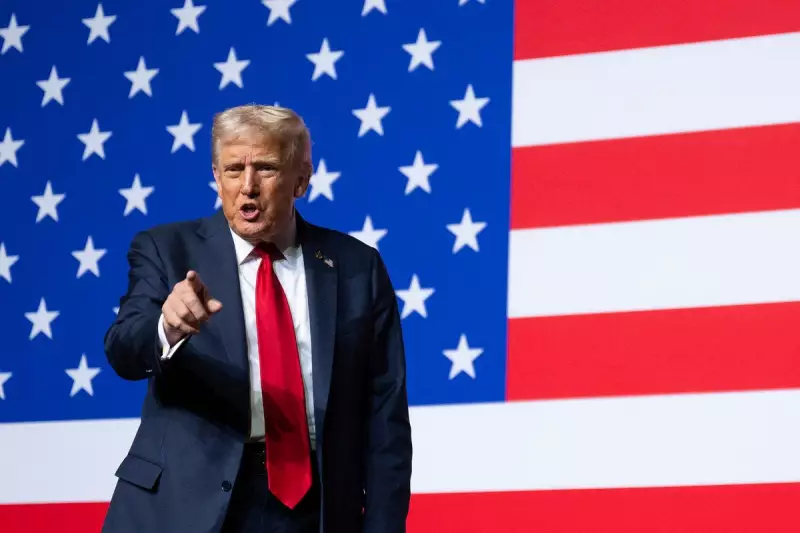
The political world is abuzz with news that former US President Donald Trump has been formally nominated for the 2025 Nobel Peace Prize, creating both support and scepticism across international circles.
The Nomination Details
American economist John Chachas submitted the nomination, citing Mr Trump's instrumental role in brokering recent ceasefire agreements in the Gaza conflict. The nomination also highlights his continued involvement in peace negotiations between Russia and Ukraine.
According to documents seen by The Independent, Mr Chachas praised the former president's "pragmatic approach to conflict resolution" and his ability to "bring opposing parties to the negotiating table."
Mixed International Reactions
The announcement has generated sharply divided responses worldwide. Supporters argue that Mr Trump's unconventional diplomatic methods have yielded tangible results where traditional approaches failed.
However, critics question the timing and motivation behind the nomination, particularly given the ongoing nature of both conflicts and Mr Trump's controversial political history.
Historical Context and Precedents
This isn't the first time Mr Trump has been nominated for the prestigious award. During his presidency, he received multiple nominations for his dealings with North Korea and normalising relations between Israel and several Arab nations.
The Nobel Committee faces the challenging task of evaluating this nomination against the complex backdrop of current global conflicts and political divisions.
What Comes Next
The nomination process will now enter a lengthy evaluation phase, with the final decision not expected until October 2025. The outcome will undoubtedly influence international perceptions of American diplomacy and peace-making efforts.
As the world watches these developments unfold, the debate continues about what constitutes genuine peace-making in today's complex geopolitical landscape.






